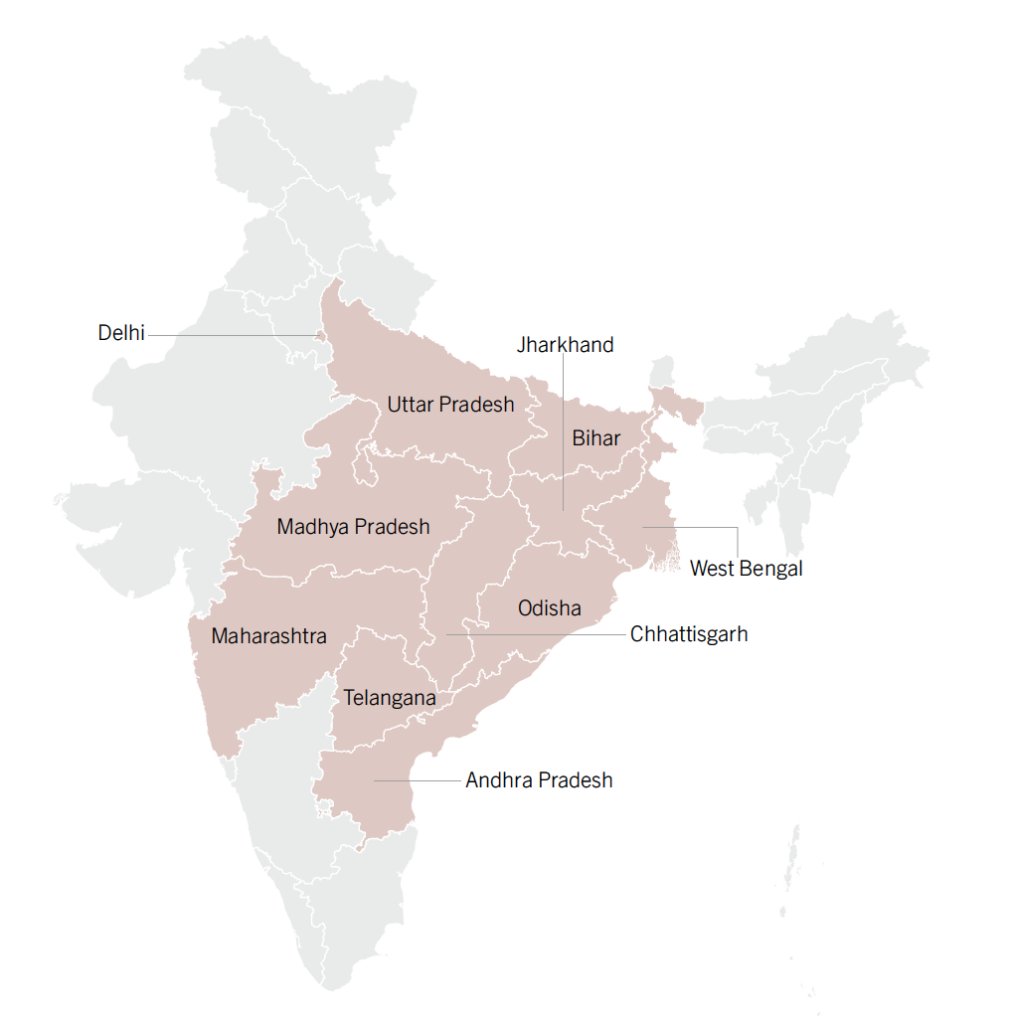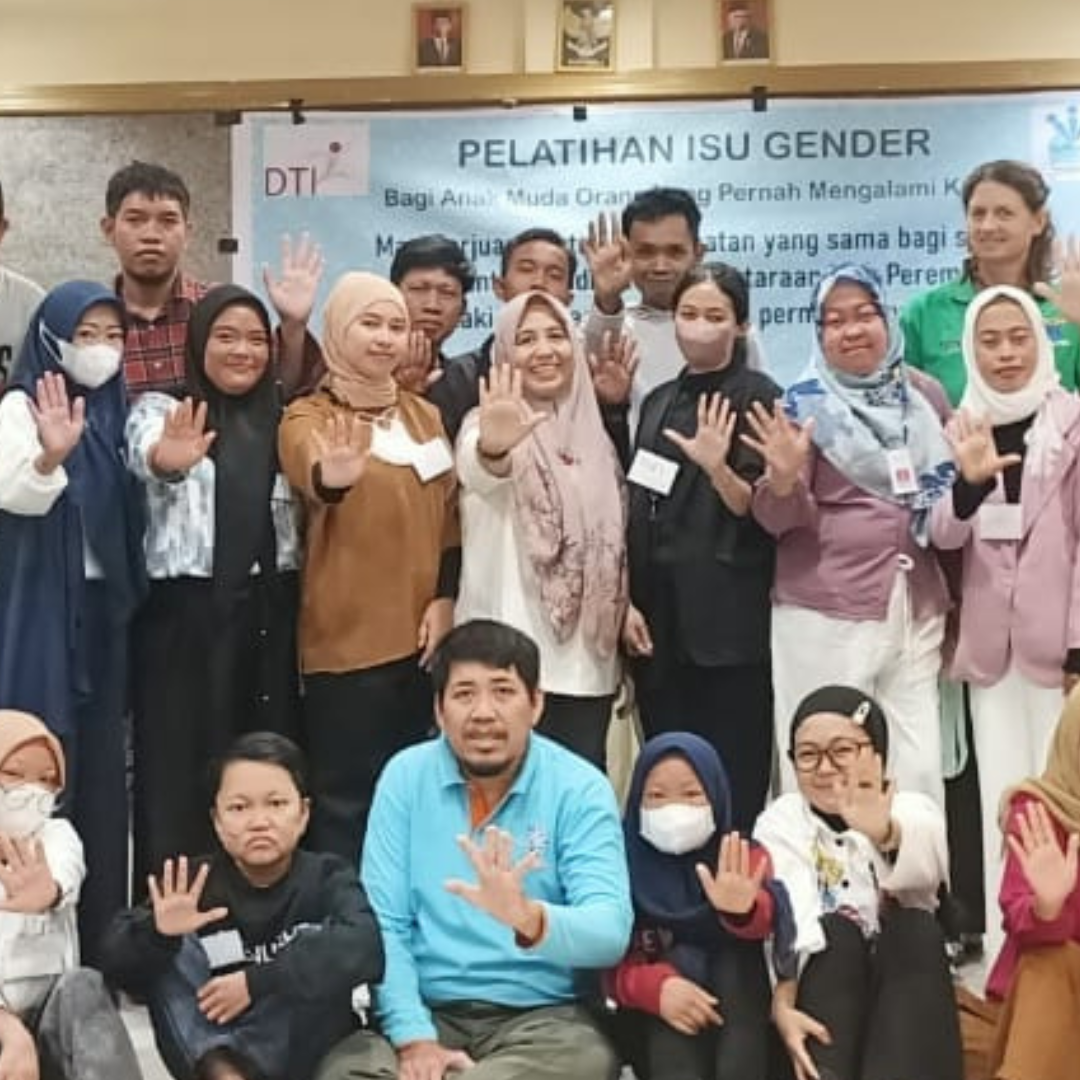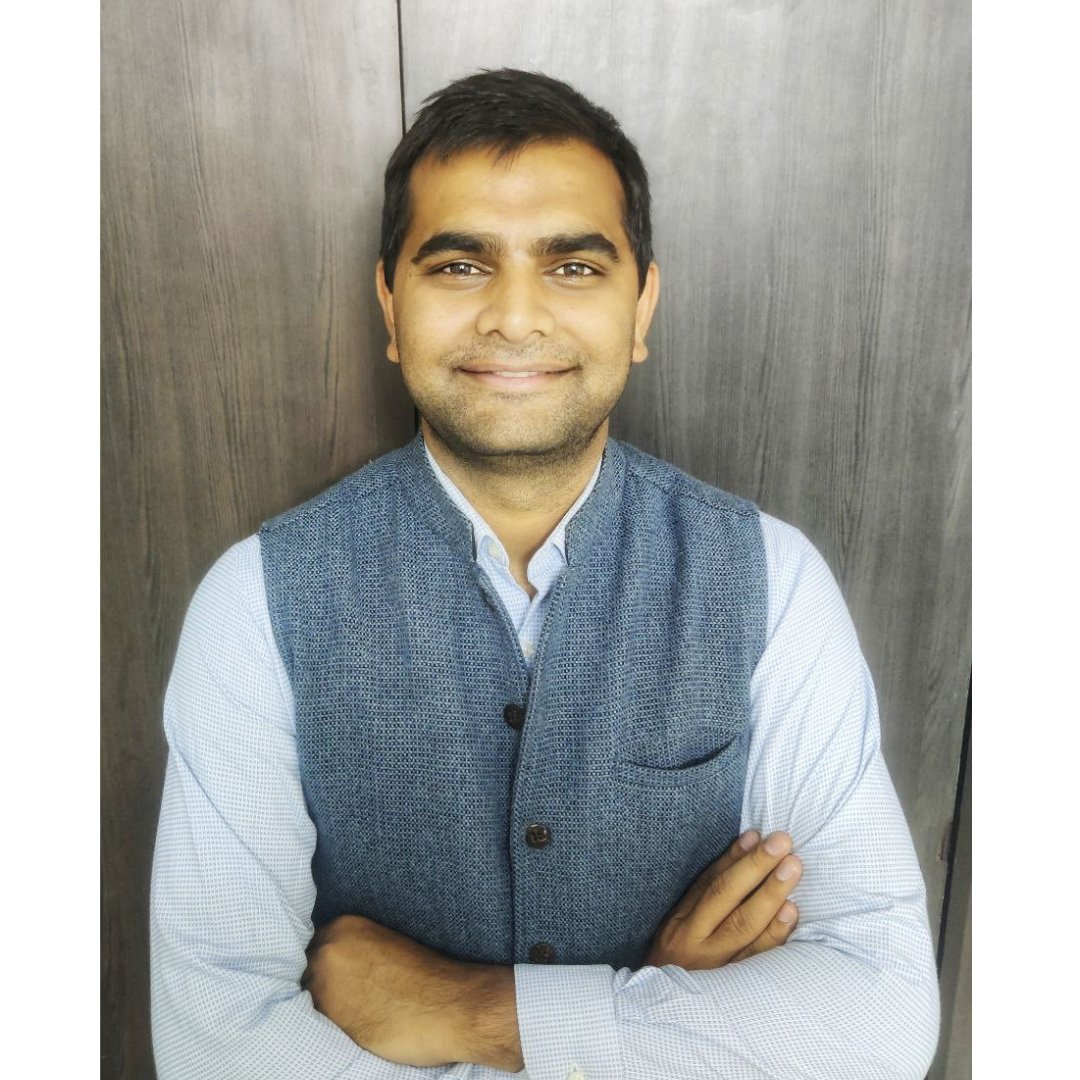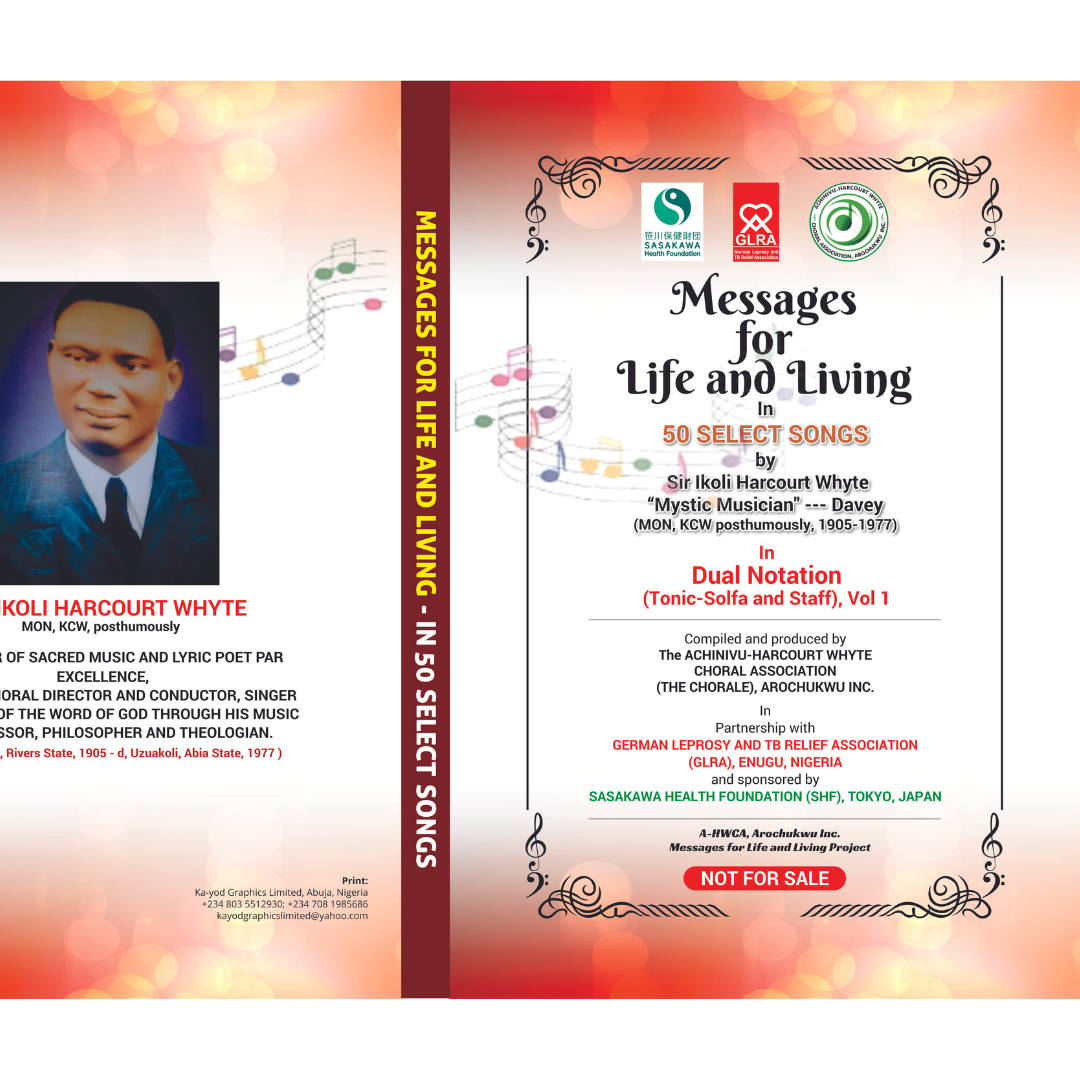Written in collaboration with the Sasakawa-India Leprosy Foundation (S-ILF)
The Dalai Lama–Sasakawa Scholarship was established in 2015 to support young people in India’s self-settled leprosy colonies to pursue post-secondary education for a professional career. Although scholarship recipients are called “scholars,” only applicants admitted to “professional courses” in job-related fields such as law, pharmacy, computer science, or hospitality are considered. The administering organization, Sakakawa-India Leprosy Foundation (S-ILF), calls the scholarship a “skills to empowerment program.” The emphasis on practicality is tied to the goal of helping young people to secure well-paying, socially respected jobs that transform family circumstances and inspire the community.
In 2023, with funding from the Sasakawa Health Foundation, S-ILF provided scholarships to 26 students from eight states and one union territory. Of these 26 students, 14 were male (54%) and 12 were female (46%). A Bachelor of Technology degree attracted the most interest, with over one third (10/26) of the students choosing this course. Six students were awarded support for a master’s degree, the highest number of students aiming for an advanced degree since the scholarship program began.
A survey of the recipients revealed that young people in leprosy colonies must overcome numerous barriers to participation in higher education. In addition to the obvious barrier of low income, students lack opportunities to receive guidance about paths available to them. Experiences with leprosy-related stigma and discrimination can negatively affect self-esteem and make young people feel reluctant to share information about their background. Even with the financial support and mentoring of the scholarship program, some students are unable to complete their course.
To spread awareness of what is possible when opportunities, resources, hard work, and some luck come together, the Leprosy Bulletin is sharing the stories of three scholarship recipients from Jharkhand, a state in eastern India where leprosy remains endemic. The Bulletin is grateful to S-ILF for gathering this information.
Sanjay Kumar Kalindi
Diploma in Electrical Engineering, 2017-2019
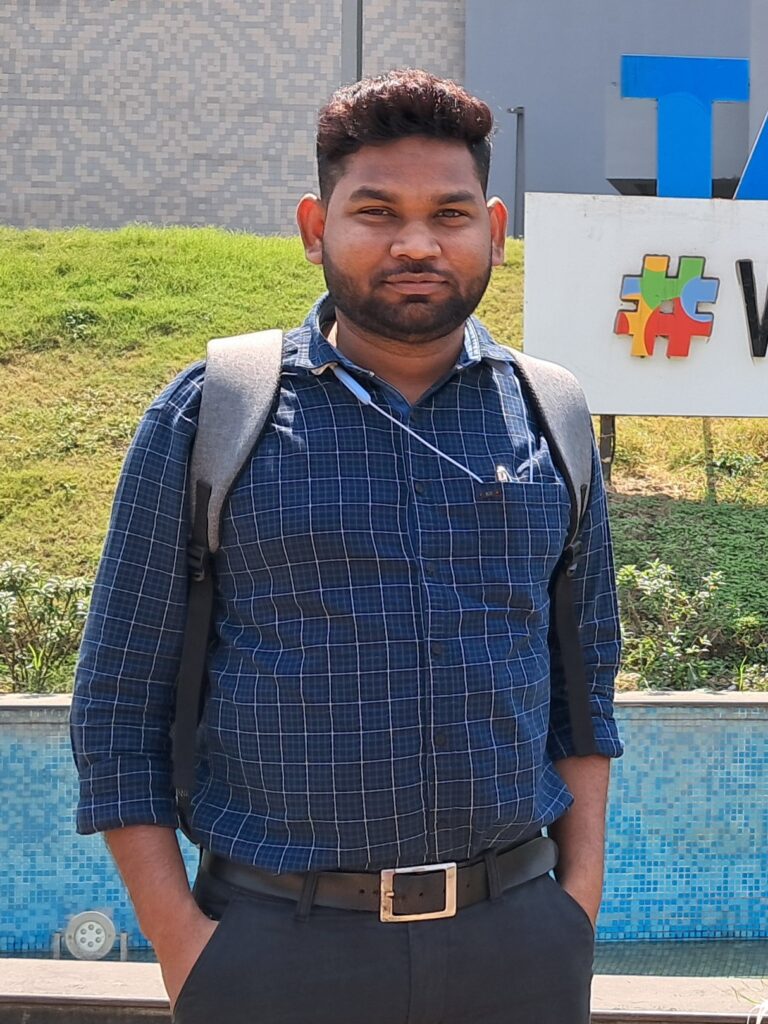
Sanjay Kalindi is a resident of Lakarka leprosy colony, Dhanbad, Jharkhand. From childhood onwards, in one way or another he contributed to his family’s income. He worked in ration shops and in internet cafes for very low compensation. His father, who had leprosy, worked as a day laborer. His family did not have enough money to send him for further education.
Concerned about his future, he looked for options and found out about the scholarship program. He was selected to pursue a Diploma in Electrical Engineering. When he started working, he faced many challenges, but over time, his life changed completely.
His dedication and sincerity gained him and his family respect from fellow colony residents. He began earning enough that his father could quit his job and his family could afford three meals a day. He was also able to buy them comforts and technology like a sofa set, a television, and a mobile phone. His mother is suffering from diabetes, and he was able to buy her medicine.
Now the colony children look up to him as a role model. He tries to give back by motivating them to study, and he urges parents to send their children to school instead of sending them to earn money. He also provides guidance and career counseling to youth worried about their future, and he encourages them to apply for the scholarship.
Anil Mahato
Bachelor of Education, 2017-2019
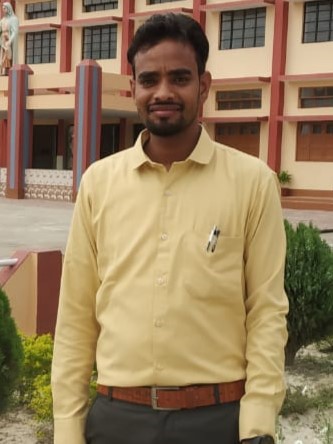
Anil Mahato was born in Ashadeep leprosy colony in Jharia, Dhanbad, Jharkhand. His father, affected by leprosy, struggled to provide for Anil and his three siblings. Leprosy-related stigma and discrimination cause social isolation that added to the family’s difficulties.
Anil wanted to pursue a technical degree, but gave up on this ambition for financial reasons. Later, after graduation from secondary school, he found out about the scholarship program, and he was selected for the Bachelor of Education course. He successfully completed the course at Loyola College, Jamshedpur, Jharkhand.
His first job was at Ursuline Convent English Medium School in the neighboring state of Bihar. He taught mathematics to primary school students. His salary allowed him to repay the loan that his father took for his sister’s marriage and to renovate his house.
Now at a school in Dhanbad closer to his family, he continues to teach mathematics. To upgrade his teaching qualification, he is simultaneously pursuing a master’s degree through a distance learning program.
Anil has become a role model in his colony. He is known to provide counseling whenever any student is confused about their career or which college to choose. He encourages young students to apply for the scholarship supported by S-ILF.
Rahul Malakar
Bachelor of Hotel Management and Catering Technology, 2017-2021
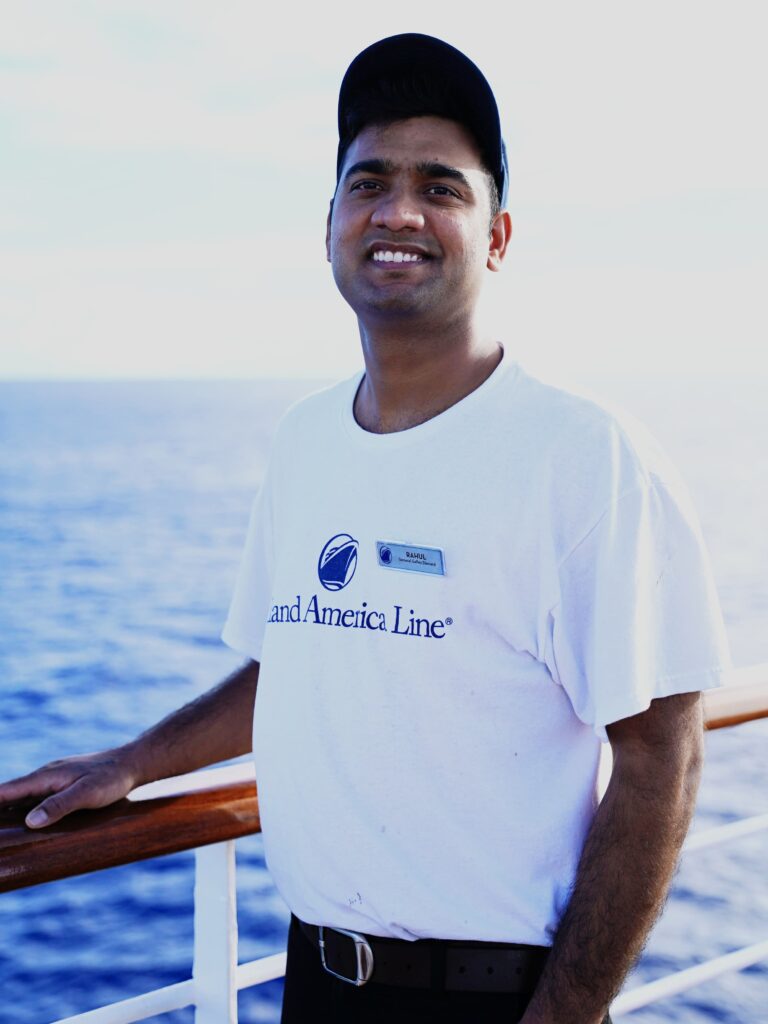
Rahul Malakar belongs to Asha Vihar leprosy colony in Dhanbad, Jharkhand. He is the eldest of three siblings. His father, affected by leprosy and with no formal education or professional training, worked in the scrap business for a meager income. Stigma and discrimination affected all members of the family.
Rahul initially aimed to join the Indian Army, but he had to give up on this idea because an accident injured his hand. With no alternative plan, he considered joining the scrap business. After hearing about the scholarship offered through S-ILF, he applied and successfully entered a professional course for the hospitality industry. He achieved second place in his class, which led to an opportunity for a six-month internship at an international chain of hotels in Malaysia. His international career continued as he subsequently worked as a head barista and server at an airport in Oman and then as a steward for a cruise line based in the United States. He currently earns an income in US dollars.
Rahul’s father recently had major surgery and can no longer work. Rahul has become the sole income-earning member of his family, and because of his salary, he is able to take care of all expenses. He is dreaming bigger now, and hopes to open his own hotel chain in the future. He wants more children to have the kind of support that he did so that they can fulfill their dreams as well.
Expanding coverage
In 2015-16, the first year of the Dalai Lama-Sasakawa Scholarship program, 14 students from three states and one union territory – Bihar, Delhi, Odisha, and Uttar Pradesh – received support. Since then, the program has gradually expanded. For fiscal year 2023, eligible states and union territories included Andhra Pradesh, Bihar, Chhattisgarh, Jharkhand, Madhya Pradesh, Maharashtra, Odisha, Telangana, Uttar Pradesh, and West Bengal. These 10 states and union territories correspond to those identified by India’s National Leprosy Eradication Programme (NLEP) as having a prevalence rate per 10,000 population of 0.5 or above. Only Chandigarh and Dadra & Nagar Haveli, with rates of 1.4 and 1.0, respectively, have yet to receive eligibility status.
India’s self-settled leprosy colonies exist throughout the country, even in states where the prevalence rate is low. For as long as stigma and discrimination against persons affected by leprosy and their family members persists, S-ILF hopes to expand coverage so that every child can see a path out of isolation and poverty to a professional career.
